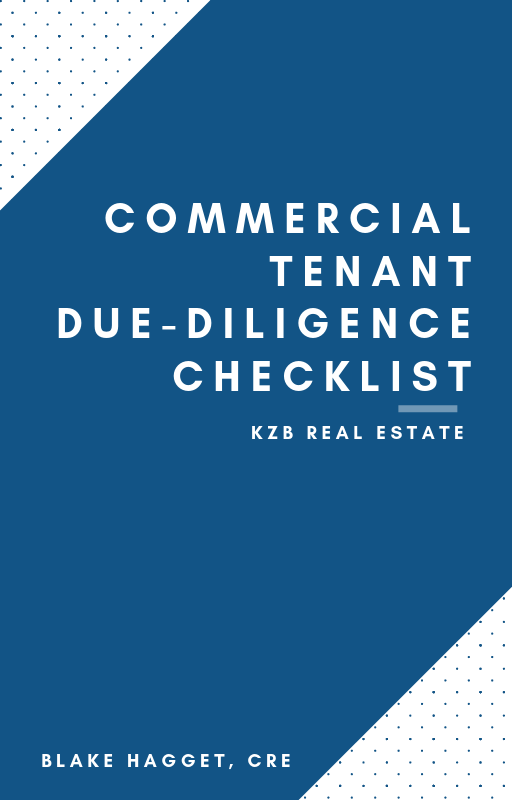Commercial Property Exchange

Commercial property exchange is a tool that commercial real estate investors can use to defer capital gains tax when swapping one “like-kind” commercial or investment property (such as a retail outlet) for another.
The concept can be a little slippery, so if you’d like to learn more about it, get in touch with our team today.
Contact
What Is A Commercial Property Exchange?
A 1031 commercial property exchange is a financial arrangement that commercial property owners can use to reduce their tax bills.
Under the scheme, when the property owner sells a commercial property, the money they receive goes into escrow (instead of their regular bank account). The owner then has 45 days to identify 3 properties they would want to purchase. Once they put a property under contract, they must complete the sale within 180 days.
Commercial properties that are eligible under the system include apartments, nursing homes, parking garages and lots, self-storage units, shopping centers and malls, warehouses, hotels, golf courses, gas stations, and convenience stores. If you are selling a property the tax code reads “like-kind.”
Commercial real estate investors typically use the facility to buy like-kind properties of equal or greater value. If the new real estate costs less than the old one, the remaining cash in the escrow account is subject to capital gains tax.
You can think of 1031 commercial property exchange rules as allowing for the continuation of investment. When a commercial property owner exchanges one like-kind property for another, it lets them defer any capital gains tax that might apply until they finally come to sell, cash out, and use the money for their personal consumption.
The Agent’s Role in Commercial Exchange

Because commercial real estate investors have just 45 days to find a like-kind property, it often pays to get professional help. Therefore, many look for agents who are experienced in helping them find new properties rapidly.
The process works like this: the commercial property owner sells a property for $500,000, incurring $100,000 capital gains. They then find a qualified intermediary to help them find 3 like-kind properties to identify within the allotted 45 days and complete the transaction within 180.
The agent then starts canvassing for similar properties that qualify under the 1031 scheme. Once they find a suitable match, they confirm the purchase with the commercial property owner and move ahead with the transaction.
Usually, agents will find a slightly more expensive commercial property, say, costing $550,000. They take the $500,000 from the sale of the old real estate (including the $100,000 gain in equity) and use it towards the new one, leaving $50,000 for the investor to finance with cash or debt. “This example doesn’t include fees associated with a transaction”
In this setup, the investor does not pay any capital gains tax on the $100,000 capital gain from the first sale. They will only pain capital gains tax when they finally cash out.
Does that sound complicated? Don’t worry; with us, you can get us to walk you through this entire process.
Commercial Tennant Ebook
Commercial Property Exchange in Idaho
Commercial property exchange in Idaho works similarly to how it does in the rest of the country. Commercial property owners can achieve “continuity of investment” by using agents to find similar properties that qualify under 1031 rules.
In Idaho, commercial property exchanges usually take the form of listings online. Real estate owners will put their assets into categories, allowing agents to find like-kind properties for their clients.
The concept of “like-kind” is quite vague. In Idaho, you can exchange agricultural buildings for a shopping center or apartments for land. Thus, navigating this landscape with a real estate agent can be helpful. Also with the help of our Exchange partner Pioneer Title we can handle the entire process for you.
Commercial Property Exchange Tax Rules

There are several rules that you need to be aware of when considering commercial property exchange. We run through them here: “Consultant with a CPA also when conducting a 1031!”
Only for business and investment properties: You cannot invoke 1031 commercial exchange tax relief when selling a residential property in which you live.
The exchange must be similar: Typically, “like-kind” refers to the property’s equity, not what the current owner uses it for.
The titles must be the same: If you run your commercial property investing through a company or in your own name, the title on the deed must be the same. You can’t transfer the property to another commercial vehicle.
You need to fulfill the timing requirements: If you want to escape capital gains, you can only hold the cash in escrow for 45 days, you must identify 3 properties and put one under contract by the expiration of the 45 days. You must complete the transaction on the new property within 180 days. If you don’t, you could be liable to pay the capital gains on the original property, even if you invest in qualifying like-kind real estate.
Don’t leave your commercial property exchange to chance. Get us to manage the process for you for peace of mind plus massive tax savings.


